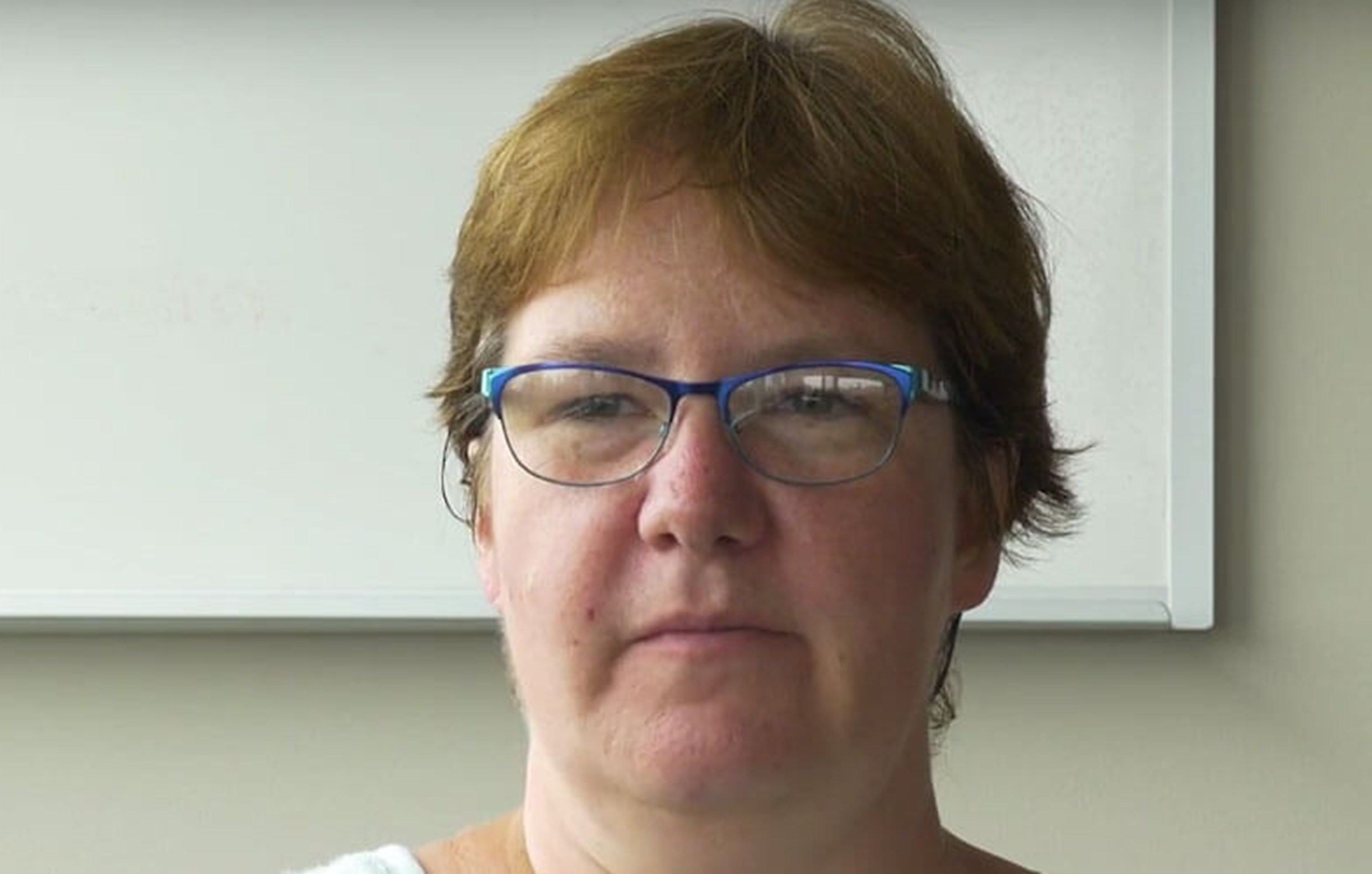Diagnosing autism spectrum disorders in females can be challenging because their social behaviours present differently than males. Many girls and women are undiagnosed, misdiagnosed or diagnosed late in life, often leaving their health care needs unrecognized or unmet.
CAMH researchers hope to improve the health care experiences of this population by better understanding how women and girls are diagnosed; how ASD affects access to health care; and how girls and women experience both ASD-specific and general health care.
“We have learned from girls and women themselves about how they experience autism in their daily lives and social contexts,” says Dr. Yani Hamdani, co-principal investigator on the study with Dr. Meng-Chuan Lai and a Clinician Scientist with CAMH’s Azrieli Centre for Adult Neurodevelopmental Disabilities and Mental Health. “This information will help us understand presentations of autism in girls and women, which can be used to improve screening tools and access to care and support that is relevant to their health and wellbeing at different life stages.”
Understanding the health care experiences of girls and women with ASD can inform the development of diagnostic and health care practices tailored to their needs; the training of health professionals; and pathways to improve access to both general health and ASD-specific services and supports.
Click below to watch a video about the project, which is a joint study between the Azrieli Centre and the Margaret and Wallace McCain Centre for Child, Youth and Family Mental Health.

